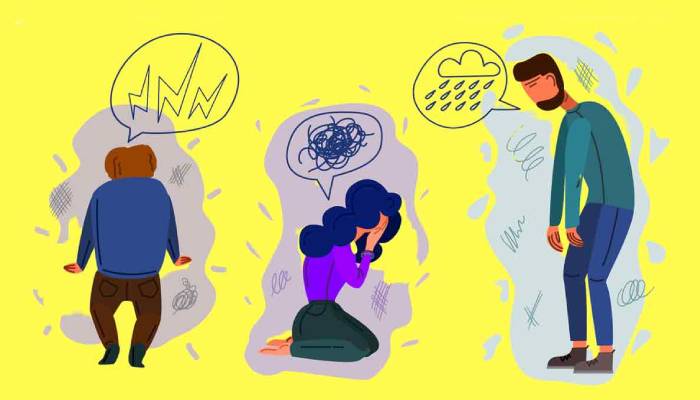
Every person has its unique and unusual behaviours which might seem normal to us but they could look strange to someone else.
Things we often see as personal flaws in someone's character may actually be defence mechanisms they developed over time.
These behaviour may have been developed because of past stress, trauma or difficult emotional situation.
And trauma doesn't always have to be something big or dramatic as psychologists now recognize that even smaller and repeated experience like being constantly judged, ignored or having to stay quiet to avoid conflict can also be forms of trauma.
Here are 5 behaviours that may seem awkward at first but are actually hidden responses to past trauma.
Struggle to make eye contact:
If you struggle to make eye contact especially when speaking to someone you admire, it might seem like simple nervousness but in some cases, it can be deeper reaction caused by your nervous system being overly alert due to past trauma.
Over-explaining things:
Over-explaining might seem like a small habit but if it happens often, it can be a sign of deeper fear like being misunderstood or judge. This is common in people who grew up being emotionally ignored or not taken seriously.
Laughing at serious situations:
If you react to sad or serious situations by laughing or smiling at the wrong moment, it doesn't mean your'e rude or insensitive.
Instead, it's your body's way of coping with emotional discomfort and your nervous system is trying to reduce the tension by using humour.
Psychologists call this incongruent affect, which means your emotional response doesn't match what’s happening around you.
Constantly appologize:
Saying sorry too often, even when it's not necessary is a common behaviour connected to past emotional trauma.
This behaviour, known as fawn response, is a way to protect yourself by trying to seem harmless and to prevent any possible conflict.
Fear of making even small decisions:
If during childhood, you often shamed for making mistakes or decisions, your brain may now see making choices emotionally dangerous.
That’s why you might freeze, delay decisions or let others decide for you because your nervous system is trying to protect you from the fear of being judged or getting it wrong.
